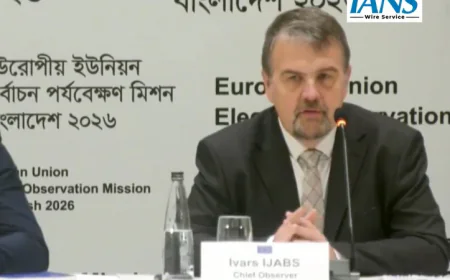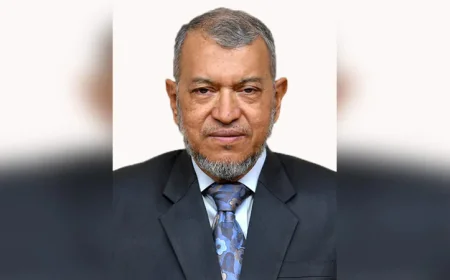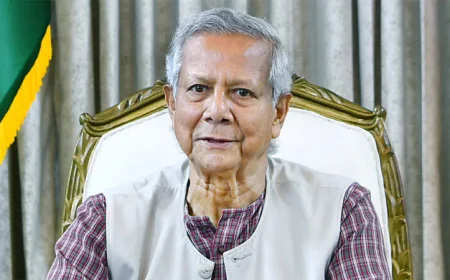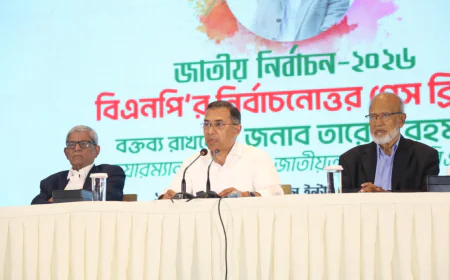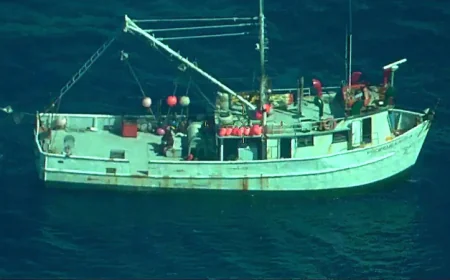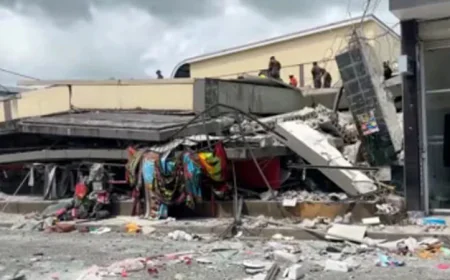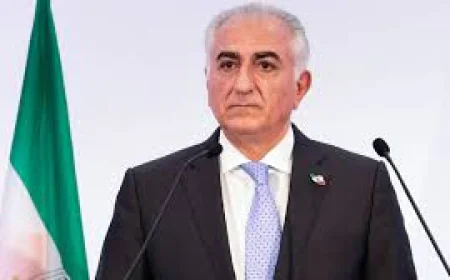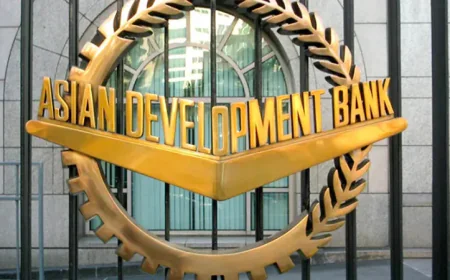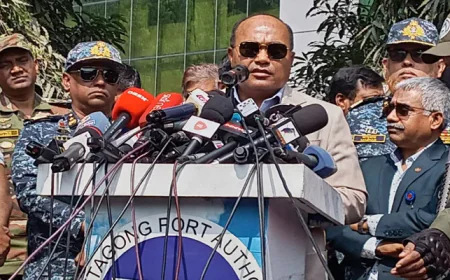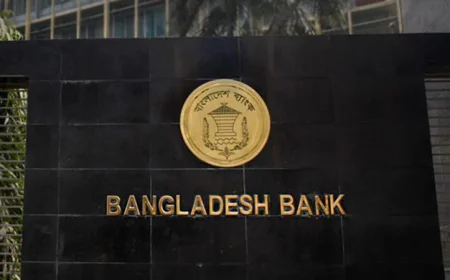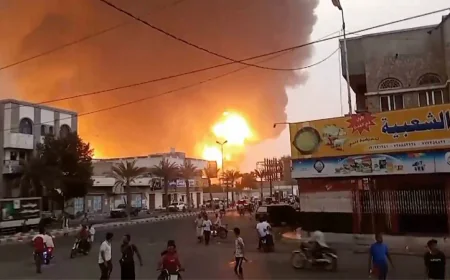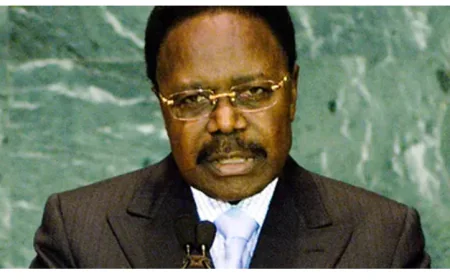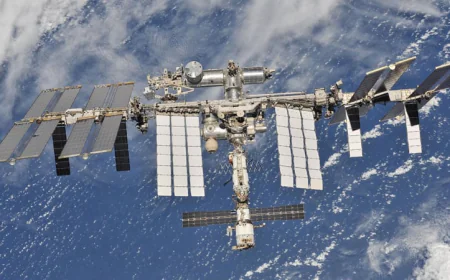UN Extends Afghanistan Mission Amid Rising Regional Tensions
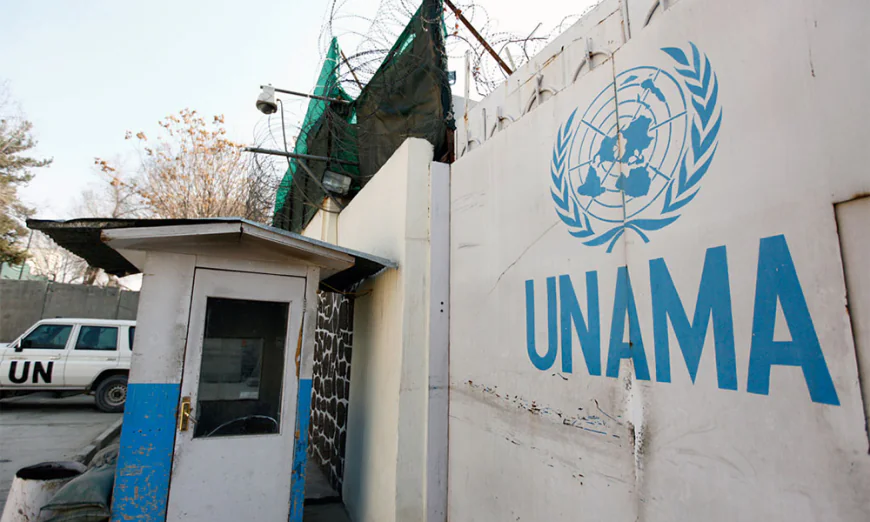
The United Nations Security Council on Monday unanimously adopted Resolution 2777, officially extending the mandate of the United Nations Assistance Mission in Afghanistan (UNAMA) for another year, through March 17, 2026, as the war-torn country continues to face a deepening humanitarian and governance crisis.
The resolution, drafted by Norway and supported by all 15 council members, reinforces UNAMA’s central role in promoting dialogue, protecting human rights, supporting humanitarian coordination, and advocating for the rights of women and minorities under Afghanistan’s current de facto authorities.
Speaking after the vote, Special Representative of the Secretary-General Roza Otunbayeva called the renewal “a vital act of solidarity” and reiterated the UN’s commitment to the Afghan people.
“This resolution reflects the international community’s continued engagement, even under extraordinary circumstances. Our mission remains to support an inclusive, sovereign, united, and peaceful Afghanistan,” she said in her address to the Council.
Despite limited access in some provinces and increasing restrictions on women, UNAMA has maintained field operations in 12 provinces and continues to coordinate life-saving aid reaching over 23 million Afghans, including women and children.
The Security Council’s decision comes amid rising concerns about regional instability along Afghanistan’s northern and western borders, increased ISIS-K activity, and worsening economic conditions exacerbated by international banking restrictions and climate-induced drought.
Western diplomats acknowledged that although the Taliban regime remains unrecognized by the UN, engagement is necessary to ensure that humanitarian operations are not politicized or obstructed.
The resolution also requested that the Secretary-General submit a detailed report on UNAMA’s activities and the political situation in Afghanistan by June 30, 2025.
Meanwhile, civil society organizations welcomed the renewal but urged the UN to push harder for restoration of girls’ secondary education, a right that has remained suspended since August 2021.
Background
- UNAMA was originally established in 2002 after the fall of the Taliban regime.
- Since 2021, it has operated under constrained conditions following the Taliban’s return to power.
- Afghanistan remains one of the world’s largest humanitarian emergencies, with over 70% of the population needing aid.
